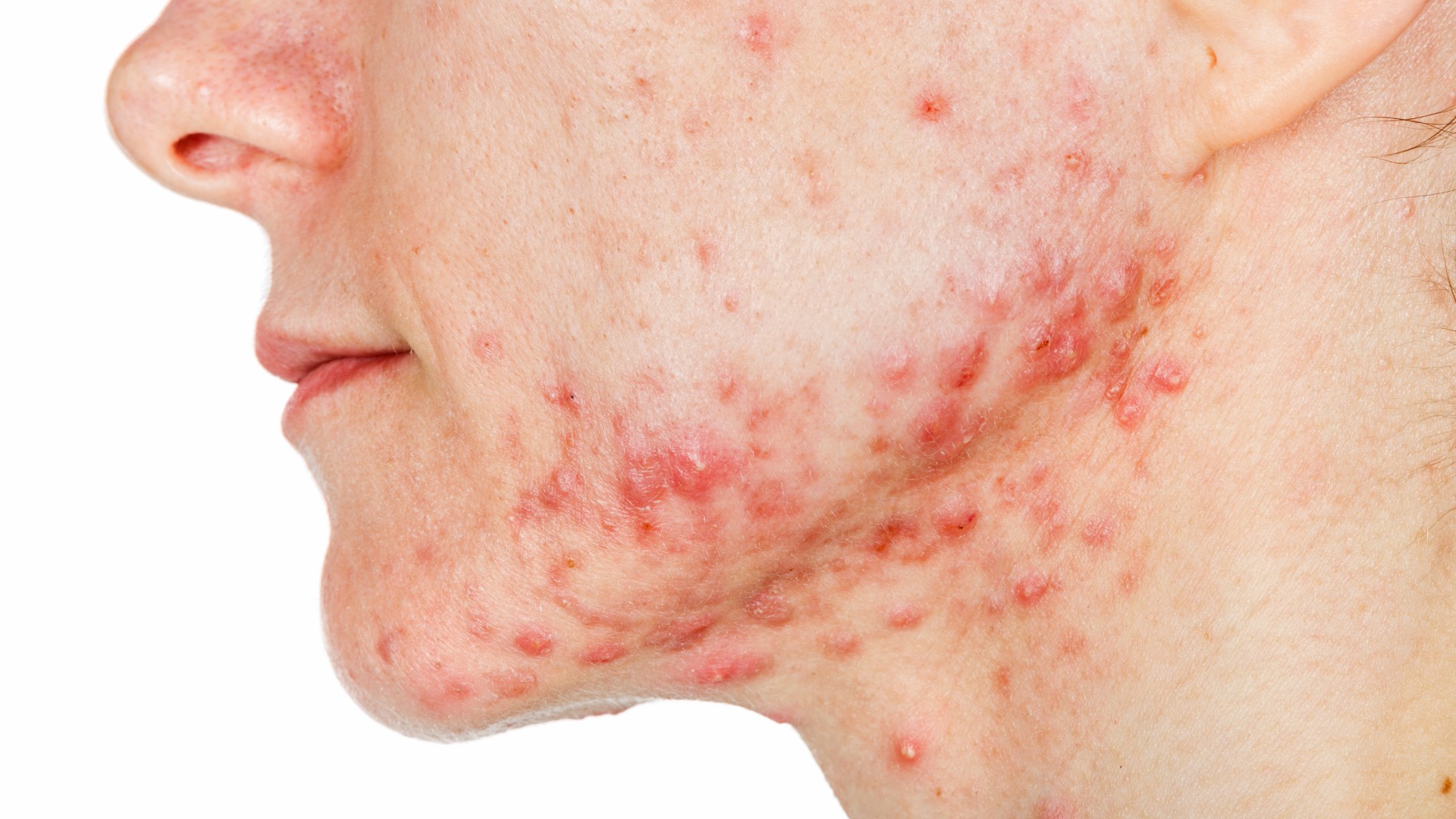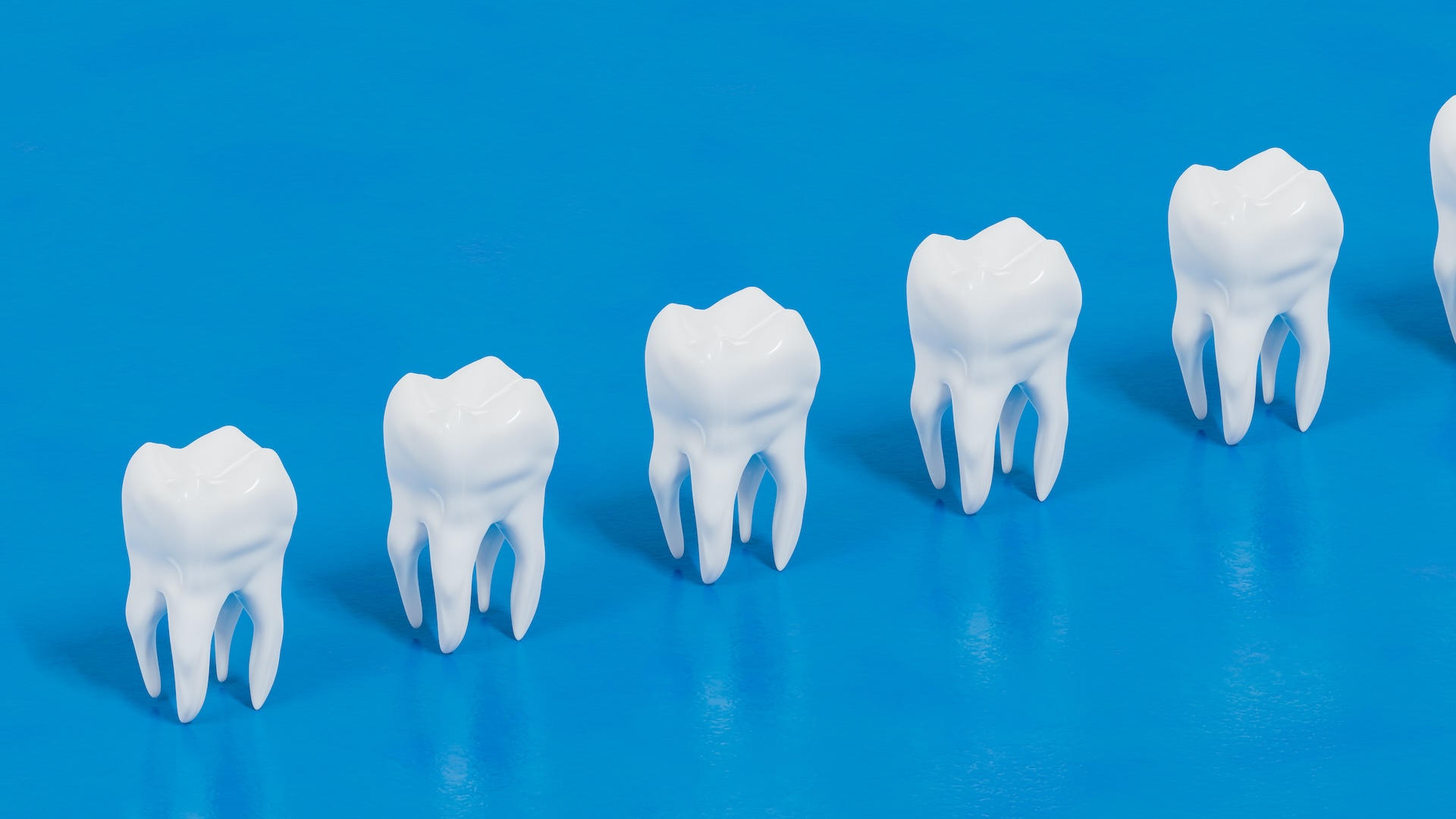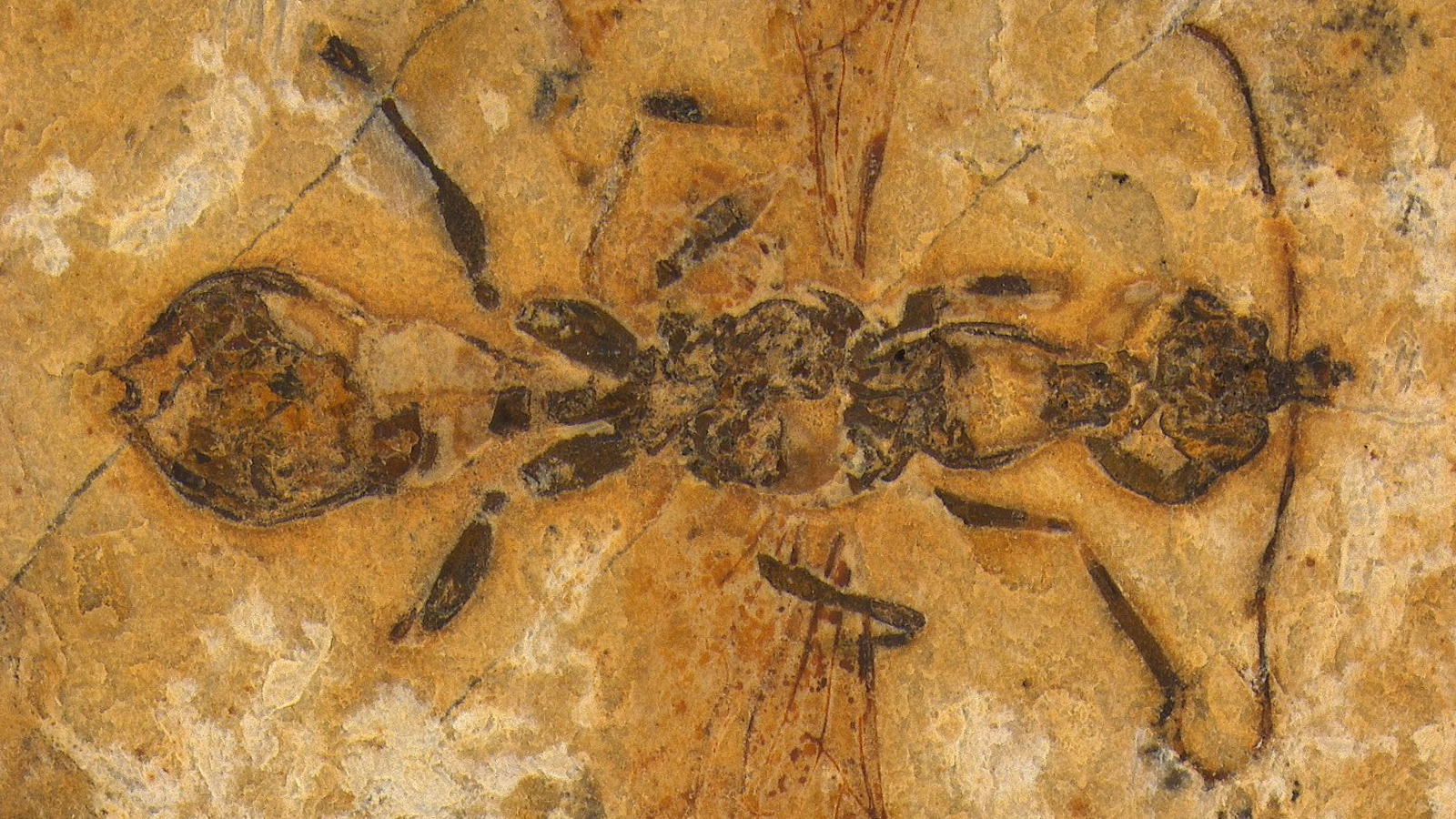Women May Get Sex Pills, Too
The same little blue pills that can help men get in the mood for love could be remade into little pink pills that do the same thing for women, scientists now suggest. Although evidence that significant advances have been made into drugs that help treat male sexual dysfunction can be seen in everything from television commercials to Internet spam, much less progress has been made when it comes to female sexual dysfunction. "We were doing a fair amount of work on erectile dysfunction in men, and during lab meetings the question came up of why we were just talking about the male side, and were we not foolish to not also think about the female side," said researcher Kyan Allahdadi, a vascular physiologist at the Medical College of Georgia in Augusta. Past research suggests "between 40 to 60 percent of women complain of some sexual dysfunction," he added. There have been attempts at drug treatments for female sexual dysfunctions, including hormone therapies. Even caffeine has been shown to motivate female rats to have more frequent sex. However, Allahdadi explained that none have completed U.S. Food and Drug Administration clinical trials yet. Now researchers suggest that medicines employed for male sexual dysfunctions could someday address some forms of female sexual dysfunction as well. Male erectile dysfunction is often due to inadequate blood flow to the genitals, something that drugs for it seek to boost. It turns out that female sexual dysfunction may at times have the same roots, and thus also be treated with erectile dysfunction medicines. Erectile dysfunction drugs such as such as Viagra (sildenafil), Levitra (vardenafil) and Cialis (tadalafil) work by inhibiting a molecule known as PDE5. Doing so dilates blood vessels and enhances blood flow. Allahdadi and his colleagues tested such PDE5 inhibitors on 10 male and 12 female rats. They focused on their internal pudendal arteries, which supply blood to the penis in male rats and to the vagina and clitoris in female rats. (The same arteries in humans provide the same functions for us.) The researchers found that sildenafil, vardenafil and tadalafil could all dilate female and male rat internal pudendal arteries. Although the male arteries reacted more effectively to vardenafil, the female arteries responded more strongly to sildenafil. There have been trials of Viagra in women, but these have proved highly disappointing. "Our findings suggest that what works in males might not work the same way in females," Allahdadi said. "Future research designed for females could come up with a therapy that does work." Although such research into sexual dysfunctions could help people have more sex, Allahdadi explained that sexual dysfunctions are often linked with more serious conditions such as cardiovascular disease and diabetes. "So further investigations into this could open a window into cardiovascular health as well," he said. "We're just getting started in this," Allahdadi added. "It's pretty exciting. There's a great need in the population. I think it's going to become a pretty hot topic." Allahdadi and his colleagues will present their findings at the Experimental Biology 2009 conference on April 20.
- Top 10 Aphrodisiacs
- Top 10 Surprising Sex Statistics
- Body Quiz: What the Parts Do
Sign up for the Live Science daily newsletter now
Get the world’s most fascinating discoveries delivered straight to your inbox.










